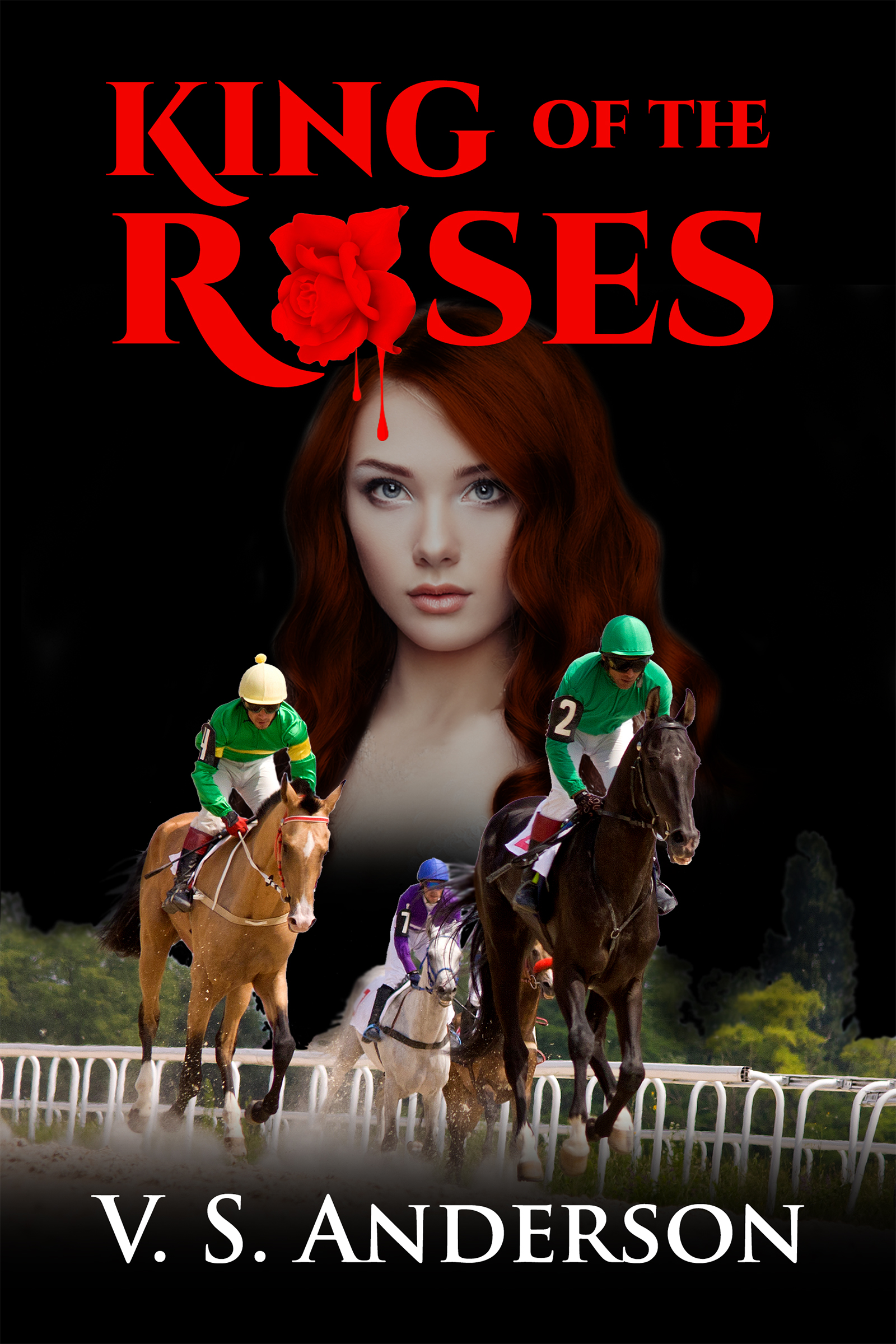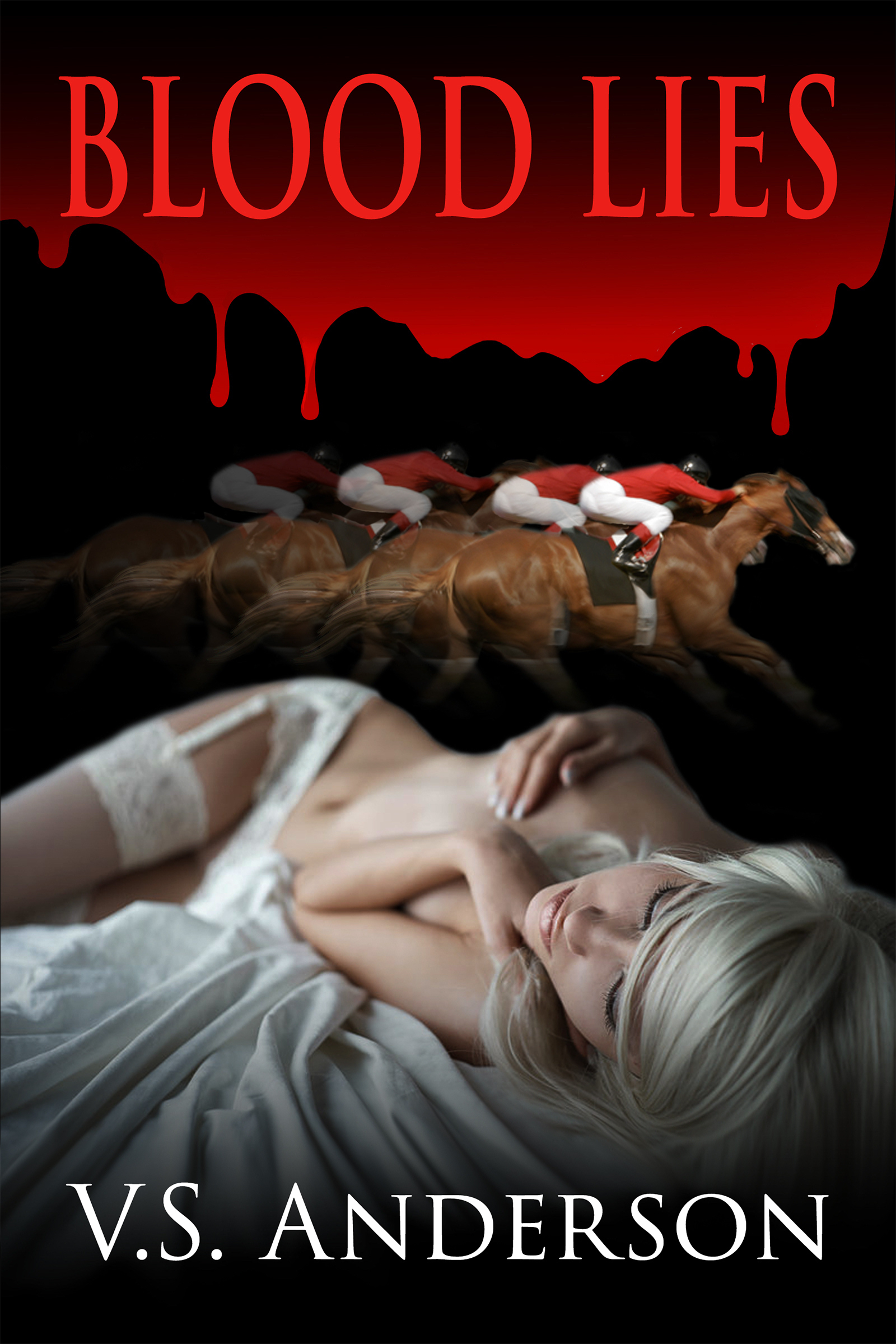
Writers who want to create a compelling story never stop looking for solutions to certain eternal problems. Sometimes, though, a particular story you want to tell runs you smack up against these problems. That’s the case in the book I’m working on right now.
This is the second book in a three-part project, in which university professor Sarah Crockett must come to terms with the disappearance of her eleven-year-old daughter while finding herself entangled with other endangered children over the course of the books. The first book is out for beta reads right now; the new one resides in five notebooks, slowly evolving from a handwritten first draft to a word-processed second. Something about this second book has made me think hard about some of the conundrums writers face.
Do you face these problems in your writing? How do you solve them?

Writing SCENES, not streams of thought
It’s all too easy to simply let the characters spin out their thoughts and emotions in what just feels like the loveliest prose. After reading about a page of this stuff in my own writing, I recognize how deadly it is. Sarah presents a particular challenge: She has a professional life, and there’s a lot she can’t talk about with her colleagues. (Your conviction that your ex-husband murdered your child doesn’t make good conference-banquet banter.)
So how do you solve this? How do you insert the necessary backstory or information readers need without letting your characters blather away?
Writing scenes where things HAPPEN
 I remember seeing commentaries on Breaking Bad episodes in which the writers and directors discussed their worry that long scenes of information-heavy dialogue would turn off viewers. They used movement within the setting as much as possible, and of course there was so much action in other scenes that the talky ones never felt static. (By the way, I much prefer commentaries that feature writing and staging problems and solutions, not how much all the cast members love each other!)
I remember seeing commentaries on Breaking Bad episodes in which the writers and directors discussed their worry that long scenes of information-heavy dialogue would turn off viewers. They used movement within the setting as much as possible, and of course there was so much action in other scenes that the talky ones never felt static. (By the way, I much prefer commentaries that feature writing and staging problems and solutions, not how much all the cast members love each other!)
Dialogue can be quite dramatic—even violent, both in meaning and in the way it’s conveyed. But I’m faced with too many scenes that are mostly dialogue. My worry, though, is that too much effort to make a scene active can lead to contrived events.
So how do you solve this? If you’re not writing a Mad Max script where nobody can catch his breath long enough to talk, how do you keep dialogue-heavy stories lively?
Finding the PERFECT word

I’ve (mis)quoted Mark Twain on writing before: the difference between the right word and the almost right word is the difference between lightning and the lightning bug. How do you tap the lightning? The thesaurus helps, but often the word I’m looking for isn’t really a literal synonym. Just as often, it’s a metaphor, especially in a verb. Here’s one I like that popped up out of the blue, from the first chapter of the new book:
For Clauson, interrogation was a daily, a material, practice. His gaze was scissoring me apart even as I tried to decide how I felt.
No thesaurus is going to give me that.
What tricks do you use to chase down those lightning-bolt words?
And while we’re on the subject: Making metaphors WORK
Sometimes I wonder whether I’ve already picked the low-hanging fruit: the metaphors that take me beyond clichés but slip into my prose as easily as my cat into my lap. Recently they seem more prone to circle me warily, making me snatch at them, half the time scaring them away. Here’s one from the first chapter I’ve struggled with:
From the way Clauson seemed to sag as I stared back, I knew he felt what I did: the pull of our history, a chain weighted with an impenetrable anger, so dense and resistant to reason no acid could have dissolved it. I think he knew he had just added a link. He had said the wrong thing.
I don’t dislike it, but it lacks the perfected aptness of, say, Sarah Waters’s metaphors in The Paying Guests:
Frances felt a rush of the abandonment that had overwhelmed her a few nights before. The feeling was like a wailing infant suddenly thrust into her arms: she didn’t want it, couldn’t calm it, had nowhere to set it down.
How do you solve this? What strategies do you use when you’re looking for imagery that leaves cliché far behind, yet doesn’t tangle you up in illogic and improbable comparisons so bad they’re sometimes even funny?


 I just abandoned another indie book.
I just abandoned another indie book.










